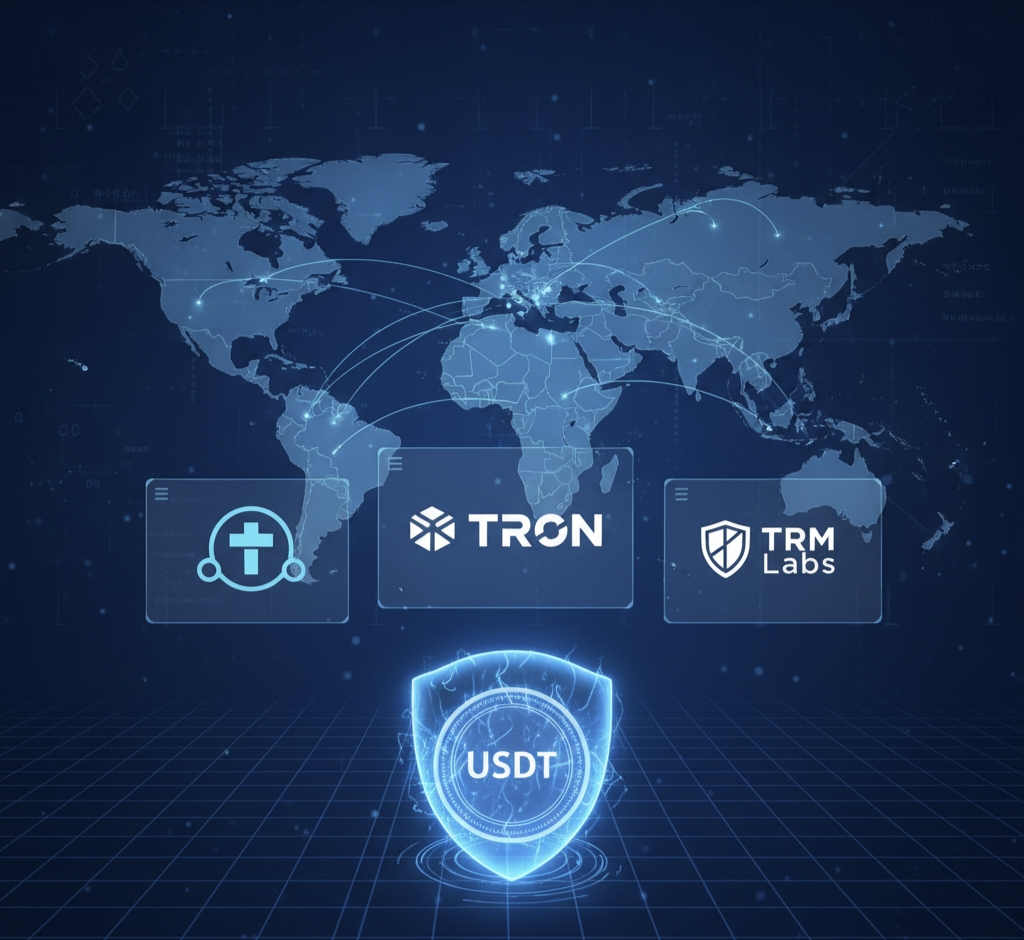How are you all? I hope you’re all well. I hope you’re all enjoying the topic I’m thinking about today, because it’s not just about technology; it’s about our financial security, our online trust.

I dug a little deeper and found that the t3 financial crime unit, a joint venture between tether, tron and trm labs, has been quite effective in catching on-chain crime over the past year. They claim that $300 million in criminal assets have been seized in the UK and other countries; while the numbers sound big, I felt that this was just the beginning — it’s a reflection of how much of a difference blockchain analytics and private-to-public integration can make.
I found that initially, what t3 was doing was monitoring suspicious transactions related to stablecoins, but it has gradually evolved into a real ‘enforcement loop’ where information is identified and turned into legal assistance. I personally find the t3+ global collaborator program, where exchanges, projects, and law enforcement agencies are working in real-time. Real-world cases — like some pig-butchering scams or even larger high-profile cases — show that there is power in collaboration.
But the whole story is not so simple. As I delved into the reports, it became clear that legal complexities across borders, privacy issues, and limitations in multi-chain asset tracking are major obstacles. Sure, a group can seize large sums, but at the same time, a large hack or ring can still successfully hide large transactions — as seen in incidents like the Bybit hack. So the technology is there, but the rules, international coordination, and regulatory frameworks need to be worked on continuously.

My thinking is: Blockchain promises transparency on its own, but in practice, the challenge is how to use it to prevent crime while protecting individual rights and conducting swift and fair investigations. The T3 model has opened up a way to look at these questions — but not a complete solution. I hope that in the future, this will not only prevent criminals from getting caught in the trap, but also increase the trust of ordinary users.
In conclusion, I feel very mixed about this; there is a different momentum in all this. It has a good result, but more transparency and international regulations are needed in this technology. No matter how advanced the technology is, the problems will not be completely solved unless human morality, legal empathy and coordination increase, and that is what I think most now.
What did you guys think? I hope you liked the words of the entire article.
Posted using SteemMobile